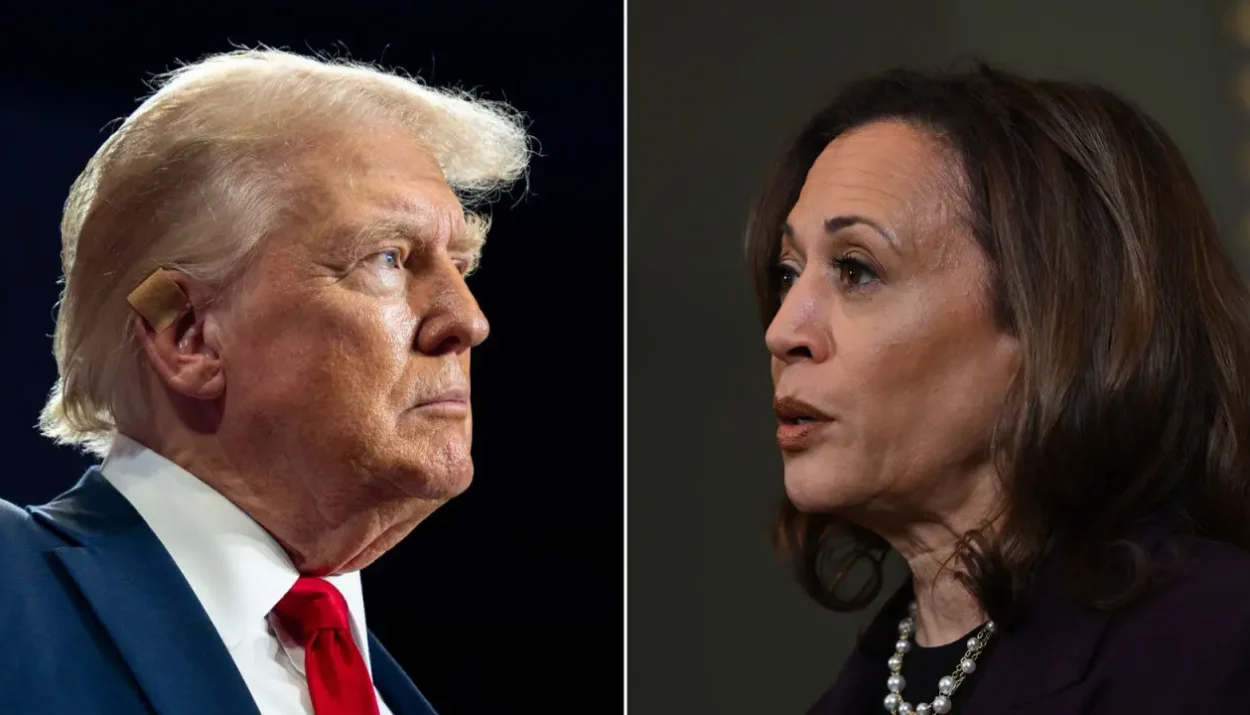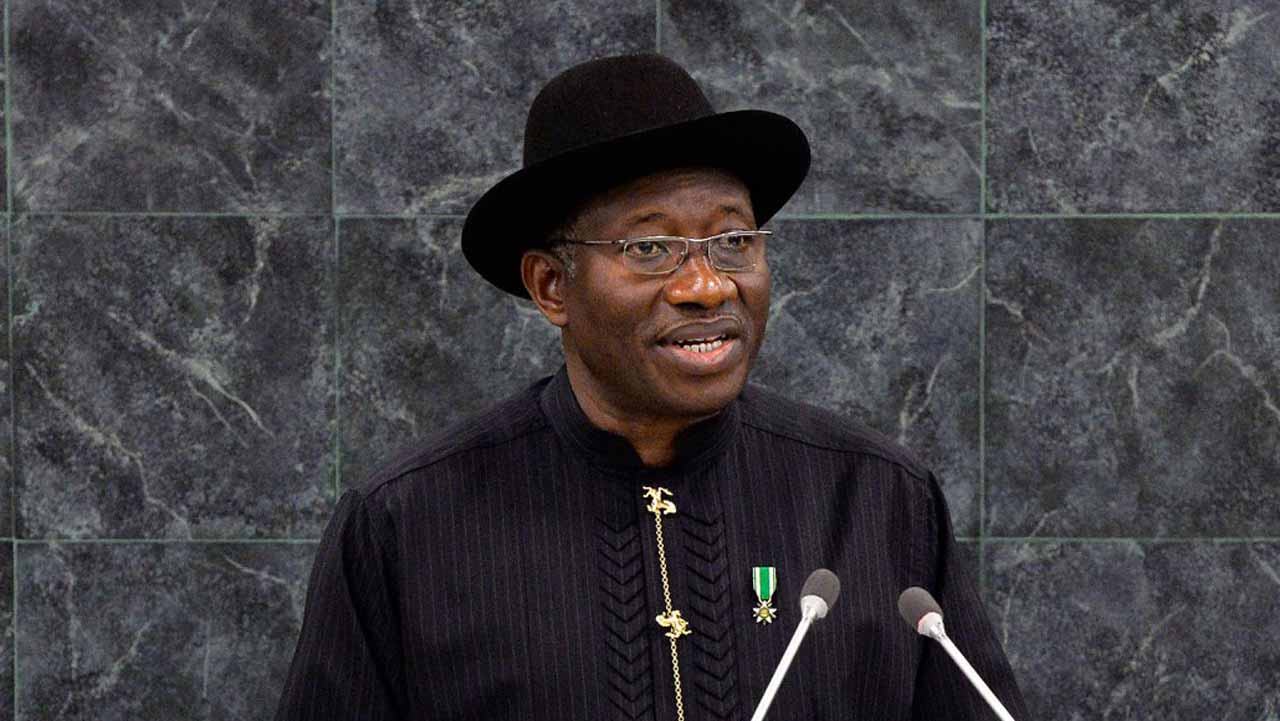With less than 24 hours before the much-anticipated US general election, over 77 million Americans have already made their voices heard through early in-person and mail-in ballots. This surge in early voting underscores the fervent voter engagement surrounding the presidential showdown between former President Donald Trump and Vice President Kamala Harris.
Fox News reports that ballot submissions have been streaming in from across the nation, reflecting widespread voter enthusiasm and a renewed emphasis on electoral participation. The data highlights that states have been tallying ballots at an impressive rate, suggesting that this year’s turnout could rival or surpass previous records set during the 2020 election.
The option for early voting has been part of US electoral practice for decades, allowing select groups such as military personnel and individuals unable to visit polling stations due to health issues to participate ahead of election day. However, in response to the COVID-19 pandemic, the 2020 election marked a significant shift, with numerous states broadening early voting options to include mail-in ballots and expanded in-person voting. This adaptation has since become a key feature of US elections, embraced by millions seeking convenience and safety.
Polling data indicates a highly competitive race between Trump and Harris, with forecasts hinting at an election outcome potentially decided by narrow margins. Analysts predict that every vote could be crucial as the candidates rally their bases in a final push to secure swing states and battleground regions.
As the US prepares for the main event on November 5, the surge in early voting is seen as a sign of an electorate deeply invested in the country’s political direction. Election officials, meanwhile, are working diligently to process the influx of ballots, ensuring that results can be tabulated efficiently once polls close nationwide.
The historic engagement ahead of this election has further solidified early voting as a mainstay in the American democratic process, setting the stage for what promises to be a high-stakes battle with significant implications for both domestic and international policy.







2 Comments